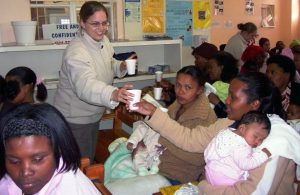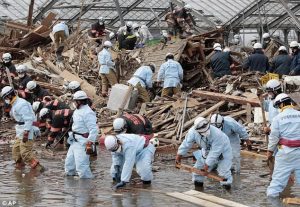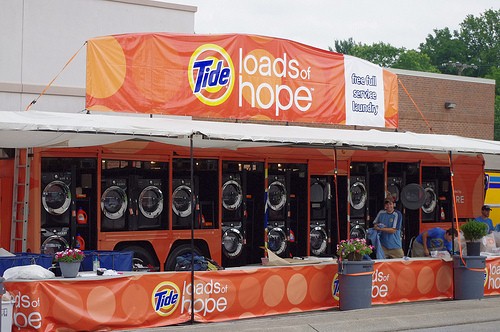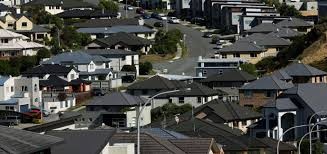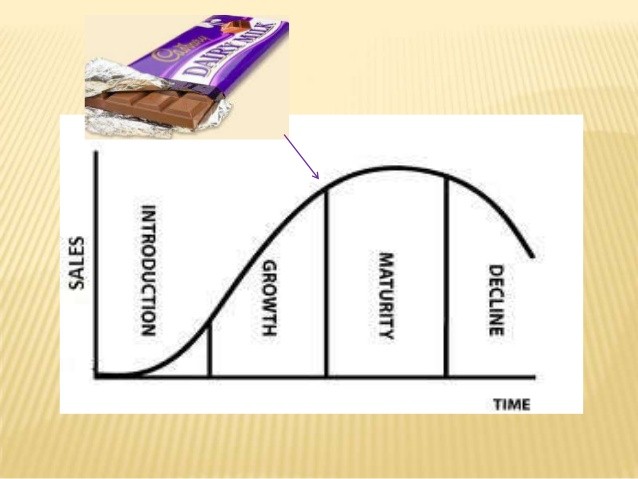During the odious November 2015 terrorist attack in France, the world joined hands to help the victims by showing their support and offering free help and services. What the entire world appreciated during the aftermath of the attack is the character of French people in how they handled the disaster. People in France opened their doors to give shelter to those who could not reach their homes because the public transportation was closed down. People used social media to find and offer refuge on the frightful night. The Twitter hashtag #porteouverte, which means “open door” in English was being used to inform affected people about all the possible shelters and help services. A lot of people offered their support through social media. The taxi drivers in Paris took people home for free after bus and metro lines closed. While they condemned for violence perpetrated on innocent people, they helped each other to endure.
If you ask some Germans how people should react to terrorism, most would probably agree with the historian Herfried Münkler that the best attitude is ‘heroische Gelassenheit’ which means heroic calmness. Let other countries declare wars on terrorism and near-permanent states of emergency, they say; Germany’s dark history has taught it not to over-react. Cynics used to reply that talk was cheap coming from Germany, which had been spared major incidents of the sort that has struck America, France, Turkey and other countries in Word War 2.
Japanese are masters in handling disasters; having survived the quake of 1923 and the utter the devastation of World War II and, later, in 1995, the earthquake in Kobe, the country has done superb job more than any other country could do in world, when it comes to disaster preparedness. Japanese are so honest and disciplined, and they are a collective society! They value the group over the individuals: during the worst and the most severe earthquake that occurred in 2011 off the coast of Tohoku, the nation stood together helping each other. It’s just not in the character of Japanese to steal anything after the most devastating natural disaster of their lifetimes. Even if they are despairing for food, the Japanese will still wait in line for groceries. The Japanese culture is about honesty. Mark D. West, a Professor at University of Michigan Law School says “There’s a circularity to these cultural explanations, why don’t Japanese loot? Because it’s not in their culture. How is that culture defined? An absence of looting.” The law system of the country has imbibed honesty in the civilians, a strong police presence, and a strong active crime organization has reinforced honesty in the society.
The older Londoners often fondly recall the years of the Blitz: the Blitz word is derived from the German word Blitzkrieg meaning ‘lightning war.’ The British press used the word to describe the heavy air raids carried out over Britain in 1940 and 1941, during the second Word War when their city was relentlessly bombed by the Germans, people supported each other which increased the endurance among the civilians. Londoners were going through it together, putting up with eight months of constant bombardment in cities like London, Liverpool, Birmingham and Bristol. People were absolutely tired, but on the whole there was very little panic, they went to work, went about their daily lives. This is why older Londoners recall the bad time with fondness. There is strength in togetherness.
Even New Yorkers tend to think back on the immediate aftermath of 9/11 as a time of great solidarity. Across the affected region, people checked in on sick or elderly neighbors, sharing food and information, driving carefully through intersections without working traffic lights and otherwise supporting each other. While there were some reports of looting in parts of Brooklyn, but, overall the picture was one of cooperation.
It has been observed that in some parts of the world, especially in developing countries, situations like disasters are used to loot people. Food sellers, restaurants, cabdrivers, hoteliers and hospitals sell services and food at unbelievable prices. Hardly, any attention is given to the psyche of people. It is sad, but people tend to loot the panic struck people’s needs. The agonizing and slow delivery of aid makes the survivors desperate. The panic about social breakdown provides a justification for looting and cheating the disaster zones.
In September 2005, following hurricane Katrina, a panic was spread in and around New Orleans about looters rampant violence and rape cases by young black men. This lead to white property-owners taking up arms. Those identified as looters, who were mostly black were killed by the police snipers.
Business organization show their heart during natural disasters; good companies look at them as opportunities to build closer relationships with customers. They understand that the focus should be on building the goodwill of their brand and strengthening the public trust. On the other hand, inexperienced or marketing-challenged companies give the impression that they are exploiting customers during disasters. Some even charge painfully higher prices for fuel, flashlights, water, and other essential items. Smart companies will take the longer view and sacrifice sales and profits in the short run to build goodwill and trust in the longer run. Why are they smart? In times of great need, people have exceptionally good memories. They remember those that help them, and they never forgive those that try to take advantage of them.
It’s worth noting that following Hurricane Isaac, P&G responded to New Orleans and its surrounding communities by giving out water from P&G Purifier, packets, which turn unsafe water into drinking water in under 30 minutes. The company also gave out batteries and personal hygiene products, from their most popular brands such as Pantene and Pampers. This isn’t the only location that P&G has responded to with help. The company has helped similarly during Hurricane Sandy by helping the victims. P &G helped the Assam Flood victims in India, earthquake victims in Guatemala and more. The company has donated its products to the victims and set an example of Corporate Social Responsibility in true sense.
The critical question is who gets to dominate in the aftermath of crises. It all depends on reconstruction of economy, how interested is the political party in social interest, what is the transparency maintained by governments in aiding the survivors. The rich will not have much problems in mobilizing themselves back to normalcy, but what happens to the poor?
In New Orleans, the state was able to strengthen the city’s class and race relationship using the crisis, a complete transformation took place. The city also experienced a real-estate boom following the crisis. In Haiti, the 2010 earthquake was used to increase the dominance of the sweatshop owners and their external backers. And in the Philippines earthquake in 2011, the ten most powerful families who controlled more than half listed corporate assets, helped the state to rebuild homes.
The world over it has been experienced that a prompt, well-coordinated and effective response in the aftermath of disasters minimizes loss of life and property but also facilitates early recovery.
The important ingredients of an effective response system, institutional arrangements, state of the art forecasting and early warning systems, prompt communication system, rapid evacuation of threatened communities, quick deployment of specialized response forces and coordination and synergy among various agencies at various levels help dealing with any disaster. Most importantly, all the agencies and their functionaries must clearly understand their roles and responsibilities and they specific actions they have to take for responding to disaster or threatening disaster situations. The national character is portrayed in how countries handle disasters.













































